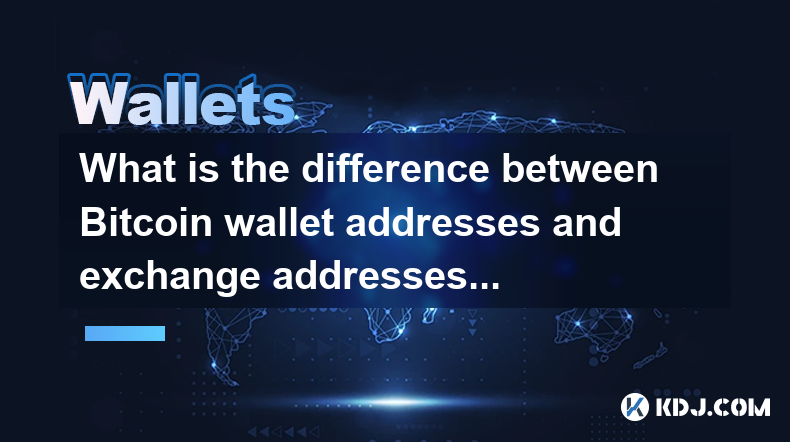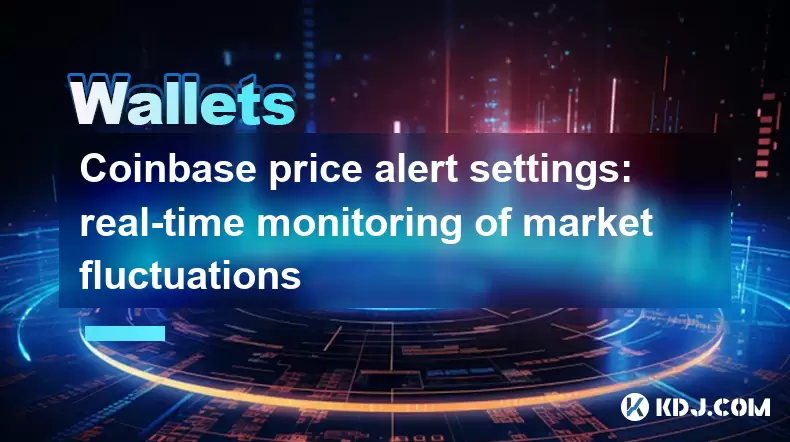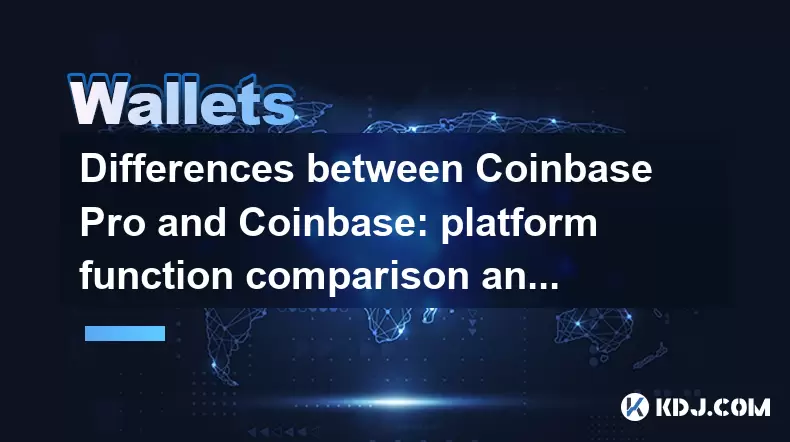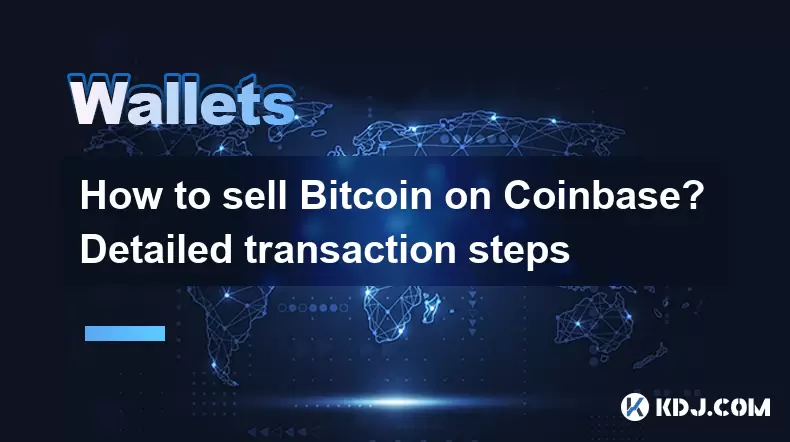-
 Bitcoin
Bitcoin $108,165.4587
0.78% -
 Ethereum
Ethereum $2,456.3517
1.15% -
 Tether USDt
Tether USDt $1.0003
0.00% -
 XRP
XRP $2.1934
0.05% -
 BNB
BNB $650.0935
0.52% -
 Solana
Solana $151.3905
2.69% -
 USDC
USDC $0.9998
0.00% -
 TRON
TRON $0.2751
-0.32% -
 Dogecoin
Dogecoin $0.1640
0.87% -
 Cardano
Cardano $0.5631
0.57% -
 Hyperliquid
Hyperliquid $38.7115
4.69% -
 Bitcoin Cash
Bitcoin Cash $493.1868
-0.39% -
 Sui
Sui $2.8217
3.61% -
 Chainlink
Chainlink $13.3994
2.08% -
 UNUS SED LEO
UNUS SED LEO $9.1632
0.94% -
 Avalanche
Avalanche $18.0318
1.97% -
 Stellar
Stellar $0.2388
0.35% -
 Toncoin
Toncoin $2.8763
1.41% -
 Shiba Inu
Shiba Inu $0.0...01160
1.59% -
 Litecoin
Litecoin $86.6393
1.29% -
 Hedera
Hedera $0.1485
0.16% -
 Monero
Monero $315.7948
1.56% -
 Polkadot
Polkadot $3.4240
1.88% -
 Bitget Token
Bitget Token $4.6314
-0.44% -
 Dai
Dai $0.9998
-0.01% -
 Ethena USDe
Ethena USDe $1.0002
-0.01% -
 Uniswap
Uniswap $7.2110
2.59% -
 Aave
Aave $270.6087
6.07% -
 Pi
Pi $0.5350
0.52% -
 Pepe
Pepe $0.0...09545
1.26%
What is the difference between Bitcoin wallet addresses and exchange addresses?
Bitcoin wallet and exchange addresses differ significantly; wallets offer superior security and control via private keys, while exchanges prioritize ease of trading but compromise control. Using the wrong address leads to irreversible Bitcoin loss.
Mar 12, 2025 at 05:26 pm

Key Points:
- Bitcoin wallet addresses and exchange addresses serve distinct purposes within the cryptocurrency ecosystem.
- Wallet addresses offer greater control and security over your Bitcoin, while exchange addresses prioritize ease of trading and depositing/withdrawing funds.
- Understanding the differences is crucial for managing your Bitcoin securely and efficiently.
- Using the wrong address can lead to irreversible loss of funds.
- Security considerations differ significantly between the two address types.
What is the difference between Bitcoin wallet addresses and exchange addresses?
The core difference lies in the level of control and security they offer. A Bitcoin wallet address, generated by your personal wallet software (like Electrum, Exodus, or a hardware wallet), represents a unique identifier linked to your private keys. These private keys are essential for authorizing transactions and controlling your Bitcoin. Losing your private keys means losing access to your Bitcoin permanently. Your wallet address is essentially your personal Bitcoin bank account.
Exchange addresses, on the other hand, are provided by cryptocurrency exchanges. These addresses are used for depositing and withdrawing Bitcoin to and from the exchange. While you control the Bitcoin while it's in your wallet, the exchange holds the private keys associated with the address you use to deposit funds. This means the exchange controls the Bitcoin once it's in their system.
Security Implications:
The security implications are substantial. A compromised wallet address leads to the direct theft of your Bitcoin. The security of your wallet hinges on your ability to protect your private keys. Employing strong passwords, utilizing two-factor authentication, and storing your seed phrase securely are paramount. Hardware wallets are generally considered the most secure option.
Exchange addresses, while convenient, expose your Bitcoin to the security practices of the exchange itself. Exchanges have been targets of hacking and theft, leading to significant losses for users. While reputable exchanges implement robust security measures, the risk remains. Your Bitcoin is at the mercy of the exchange's security protocols and infrastructure.
Control and Ownership:
The level of control you have over your Bitcoin differs drastically. With a wallet address, you have complete control. You initiate and authorize all transactions, maintaining full ownership. You are solely responsible for the security of your funds.
Exchange addresses offer convenience at the cost of control. You don't directly control the Bitcoin once it's deposited. The exchange acts as an intermediary, holding your funds on your behalf. This makes transactions easier, but it also introduces a layer of dependency and risk.
Practical Applications:
You would use a wallet address for long-term Bitcoin storage, holding your funds securely. This is often recommended for Bitcoin you intend to hold for an extended period.
Exchange addresses are for when you need to buy, sell, or trade Bitcoin. The convenience of having your Bitcoin readily accessible for trading outweighs the security concerns for many users who are actively participating in the market.
How to obtain and use each address type:
- Wallet Addresses: These are generated automatically when you create a new wallet. The process varies depending on the wallet software you use. Many wallets will display your address prominently after creation.
- Exchange Addresses: Exchange addresses are typically provided by the exchange platform during the deposit process. Each exchange will have a unique system for displaying and managing deposit addresses. Often, a new address is generated for each deposit.
Why is it crucial to understand the difference?
Sending Bitcoin to the wrong address is an irreversible error. Sending Bitcoin to an exchange address from your wallet is generally acceptable (though you lose control), but sending Bitcoin to a wallet address from an exchange address is fine, though it may involve more steps. However, sending Bitcoin intended for a wallet to an exchange address and vice versa will result in the loss of your funds. This is because each address is associated with different key management systems.
Common Questions and Answers:
Q: Can I use my exchange address as my primary Bitcoin storage?
A: While technically possible, it's highly discouraged. Exchanges are vulnerable to hacking and theft, putting your funds at risk. A personal wallet provides significantly better security.
Q: Are all exchange addresses the same?
A: No. Each exchange generates unique addresses for its users, and these addresses are often specific to a given cryptocurrency and even a particular transaction. Never reuse an exchange address, as it is associated with the exchange's control, not yours.
Q: Can I recover Bitcoin sent to the wrong address?
A: No. Bitcoin transactions are irreversible. Once a transaction is confirmed on the blockchain, it cannot be reversed. It's crucial to double-check the address before sending any Bitcoin.
Q: What if I lose access to my exchange account?
A: You may be able to recover your account through the exchange's customer support, but this process can be lengthy and complex. The process varies considerably depending on the exchange.
Q: Is it safer to use a hardware wallet than a software wallet?
A: Generally, yes. Hardware wallets offer enhanced security by storing your private keys offline, protecting them from malware and online attacks.
Q: What is a seed phrase, and why is it important?
A: A seed phrase is a list of words that serves as a backup for your wallet. If you lose access to your wallet, your seed phrase allows you to restore it and regain access to your Bitcoin. Keep your seed phrase safe and secure. Never share it with anyone.
Disclaimer:info@kdj.com
The information provided is not trading advice. kdj.com does not assume any responsibility for any investments made based on the information provided in this article. Cryptocurrencies are highly volatile and it is highly recommended that you invest with caution after thorough research!
If you believe that the content used on this website infringes your copyright, please contact us immediately (info@kdj.com) and we will delete it promptly.
- ATOM, BNB, BlockDAG: Decoding the Latest Crypto Dynamics in the Concrete Jungle
- 2025-06-30 01:30:11
- Bitcoin's Role in a Weak Dollar World: Crypto Demand and Freedom
- 2025-06-30 00:50:12
- Binance, CZ, and XRP: Navigating the Crypto Currents
- 2025-06-30 00:55:12
- PayPal, PYUSD, and Stellar (XLM:
- 2025-06-30 00:30:12
- Nike, Coinbase, and Large Cap Gainers: What's the Buzz?
- 2025-06-30 00:30:12
- Crypto's Cutting Edge: Web3 AI, Ethereum's Foundation, and Dogecoin's Enduring Meme Magic
- 2025-06-30 01:30:11
Related knowledge

Coinbase price alert settings: real-time monitoring of market fluctuations
Jun 29,2025 at 07:00am
Setting Up Coinbase Price AlertsTo begin real-time monitoring of market fluctuations on Coinbase, users can utilize the built-in price alert feature. This function allows you to receive notifications when a cryptocurrency reaches a specific price point. To access this setting, open the Coinbase app or log in via the web platform. Navigate to the 'Prices...

How to stake cryptocurrencies on Coinbase? Benefits and risks
Jun 27,2025 at 06:36pm
Understanding Cryptocurrency Staking on CoinbaseStaking cryptocurrencies involves locking up digital assets to support the operations of a blockchain network, typically in return for rewards. Coinbase, one of the most popular cryptocurrency exchanges globally, offers staking services for several proof-of-stake (PoS) coins. Users can stake their holdings...

Differences between Coinbase Pro and Coinbase: platform function comparison and analysis
Jun 29,2025 at 08:21am
Overview of Coinbase and Coinbase ProWhen exploring the cryptocurrency trading landscape, users often encounter two platforms under the same parent company: Coinbase and Coinbase Pro. While both are operated by the same organization, they cater to different types of users and offer varying features. Coinbase is primarily designed for beginners and casua...

How to contact Coinbase customer service? Support channels and response times
Jun 28,2025 at 01:29pm
Contacting Coinbase Customer Service: Support Channels and Response TimesIf you're a user of Coinbase, reaching their customer service team may become necessary for various reasons, such as account verification issues, transaction disputes, or technical difficulties. Understanding the different support channels available and what to expect in terms of r...

Coinbase advanced trading function usage tutorial: limit orders and market orders
Jun 28,2025 at 09:07pm
Understanding the Difference Between Limit Orders and Market OrdersWhen using Coinbase's advanced trading features, it is crucial to understand the fundamental difference between limit orders and market orders. A market order executes immediately at the best available price on the market. This type of order ensures that your trade goes through quickly, ...

How to sell Bitcoin on Coinbase? Detailed transaction steps
Jun 29,2025 at 04:22am
Setting Up Your Coinbase Account for TransactionsBefore you can sell Bitcoin on Coinbase, you must ensure your account is fully set up and verified. Coinbase requires identity verification to comply with regulatory standards. This process involves uploading a government-issued ID, confirming your address, and sometimes submitting a selfie holding the ID...

Coinbase price alert settings: real-time monitoring of market fluctuations
Jun 29,2025 at 07:00am
Setting Up Coinbase Price AlertsTo begin real-time monitoring of market fluctuations on Coinbase, users can utilize the built-in price alert feature. This function allows you to receive notifications when a cryptocurrency reaches a specific price point. To access this setting, open the Coinbase app or log in via the web platform. Navigate to the 'Prices...

How to stake cryptocurrencies on Coinbase? Benefits and risks
Jun 27,2025 at 06:36pm
Understanding Cryptocurrency Staking on CoinbaseStaking cryptocurrencies involves locking up digital assets to support the operations of a blockchain network, typically in return for rewards. Coinbase, one of the most popular cryptocurrency exchanges globally, offers staking services for several proof-of-stake (PoS) coins. Users can stake their holdings...

Differences between Coinbase Pro and Coinbase: platform function comparison and analysis
Jun 29,2025 at 08:21am
Overview of Coinbase and Coinbase ProWhen exploring the cryptocurrency trading landscape, users often encounter two platforms under the same parent company: Coinbase and Coinbase Pro. While both are operated by the same organization, they cater to different types of users and offer varying features. Coinbase is primarily designed for beginners and casua...

How to contact Coinbase customer service? Support channels and response times
Jun 28,2025 at 01:29pm
Contacting Coinbase Customer Service: Support Channels and Response TimesIf you're a user of Coinbase, reaching their customer service team may become necessary for various reasons, such as account verification issues, transaction disputes, or technical difficulties. Understanding the different support channels available and what to expect in terms of r...

Coinbase advanced trading function usage tutorial: limit orders and market orders
Jun 28,2025 at 09:07pm
Understanding the Difference Between Limit Orders and Market OrdersWhen using Coinbase's advanced trading features, it is crucial to understand the fundamental difference between limit orders and market orders. A market order executes immediately at the best available price on the market. This type of order ensures that your trade goes through quickly, ...

How to sell Bitcoin on Coinbase? Detailed transaction steps
Jun 29,2025 at 04:22am
Setting Up Your Coinbase Account for TransactionsBefore you can sell Bitcoin on Coinbase, you must ensure your account is fully set up and verified. Coinbase requires identity verification to comply with regulatory standards. This process involves uploading a government-issued ID, confirming your address, and sometimes submitting a selfie holding the ID...
See all articles

























































































